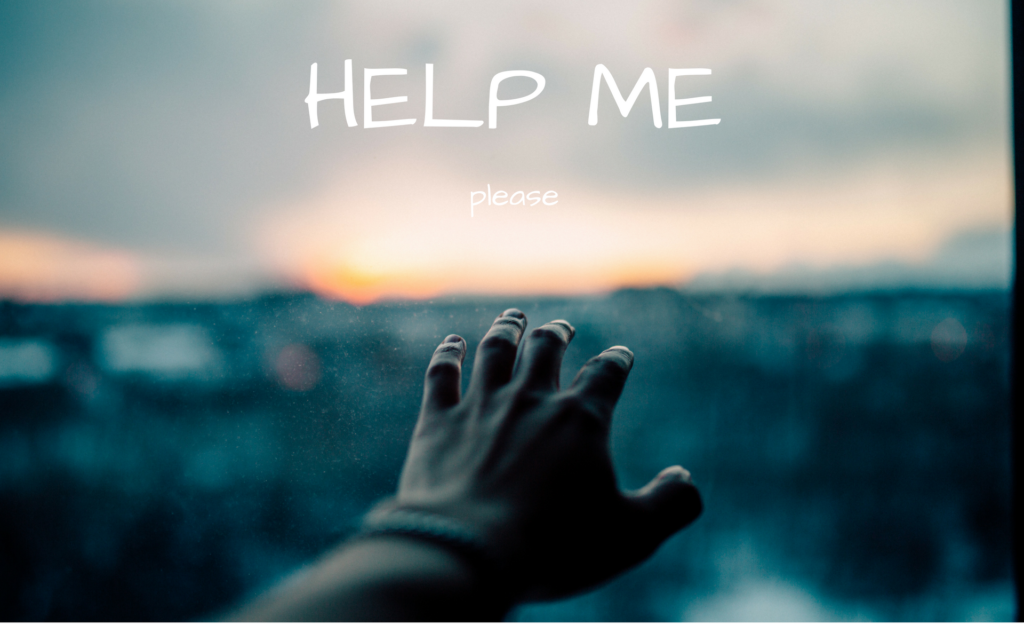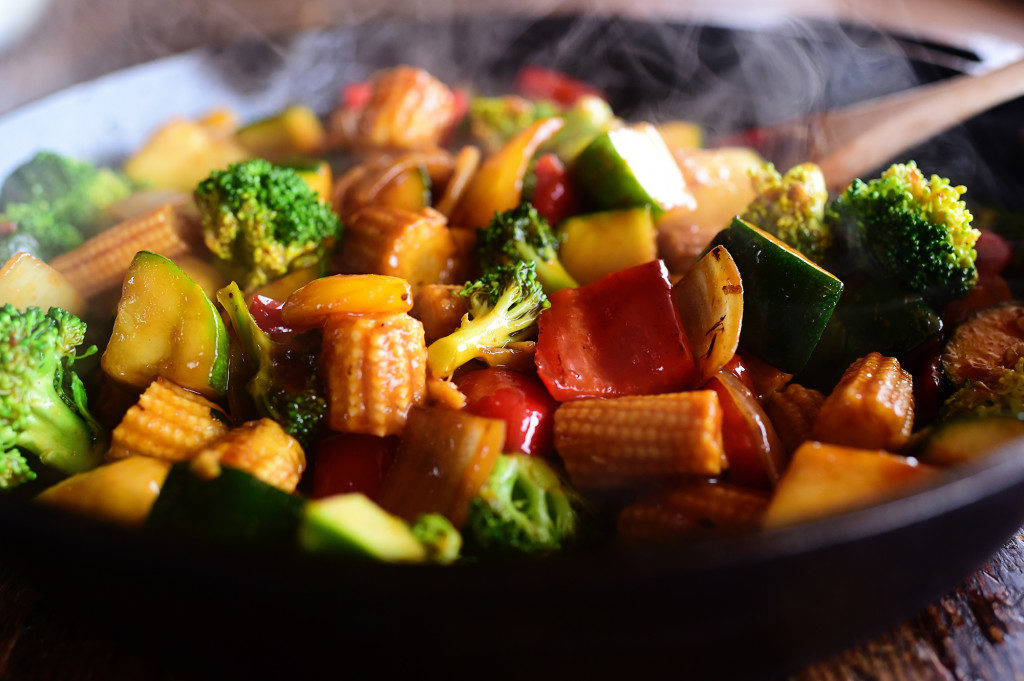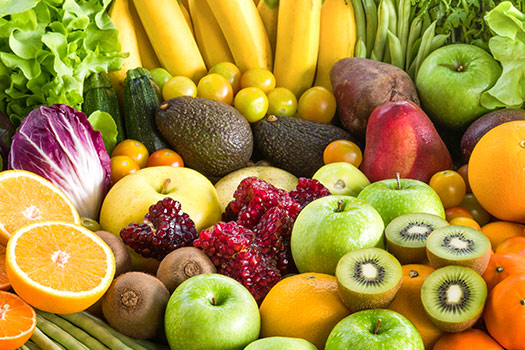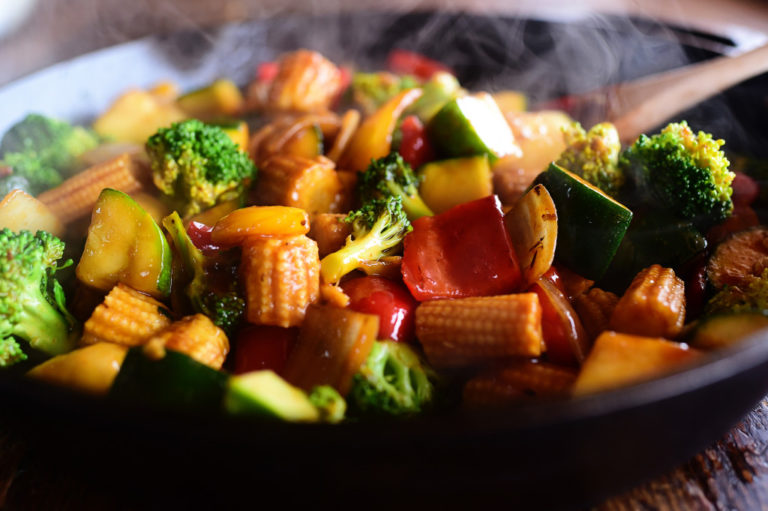FOODS KNOWN TO FIGHT DEPRESSION
BY: FITZ-GEORGE RATTRAY
With all the Mental Health Month activities — celebrities talking about their own challenges — talk shows discussing related issues, there is definitely increased awareness. Unfortunately, it is likely that a very large part of the combined 25 percent of people suffering from depressive episodes and anxiety (World Health Organization, National Institute of Mental Health stats) have not had their own challenges addressed.
If you have experienced FIVE or more of the following occurring within the last 2 weeks, contact a counselor, therapist or medical professional, diagnosis begins with consulting a mental health professional. You do not have to struggle alone.
- Weight loss or weight gain
- Perpetually feeling tired and drained
- Low feelings to feelings of absolute total despair
- Difficulty focusing and making decisions
- Extreme focus on a specific task or purpose
- Loss of interest in activities and many relationships
- Feelings of guilt and/or worthlessness
- Difficulty remembering past events, words or details
- Frequent thoughts of death and suicide
- Compromised (lessened) or excessive sleep
- A lack of pleasure in everyday activities
- Anxiety, restlessness or a conversely, a slowing down
- Ruminating, constantly recalling, pondering, deliberating and pouring over issues
Depression is not sadness, not weakness, not feeling sorry for yourself, not being unable to handle regular emotions, not unhappiness, not moodiness, not laziness, not uncommon, not a passing problem and not weird.
Depression is like being drowned in darkness, heavy as lead, difficult to move, see, think or even breath in. Your only light is the flame of anxiety and despair. It is a very serious medical illness which can have several levels of severity and it is persistent. Episodes can last from morning to night and may continue for a day, to weeks to an average of 6 to 8 months.

It will impact interests and the ability to fully appreciate and enjoy life and can affect your physical health as well as your emotional well being
If I told you about a person with neck and back surgery, hip damage and an injured knee, living in pain, feeling fatigued, with sleepless nights, living a life of agony and torture you would be able to comprehend or at least imagine that suffering. Hundreds of millions of people are enduring this reality every day, every week, every month, without treatment, understanding or support.
There is nothing weak or weird, just remember, for every hopeful, chirpy, positive cheerful person there is a person cloaked in despairing darkness. But everything is manageable, and you can through knowledge and consistency manage your personal experience.
YOU CAN MANAGE DEPRESSION
First and foremost, get professional support, do not wait, it helps. If you are disappointed in one counselor / therapist, try another.
Next, fully realize and believe that nothing you or anything else is needed to start an episode. They stop, and ALWAYS will, know this, and have faith in it.
YOUR CHOICES CAN MAKE IT BETTER OR WORSE
Avoid social media, Facebook etc. They all seem so happy, you know it’s mostly a show, but your subconscious will respond to the images, leave it alone.
Avoid reaction-based traps such as, excessive or engrossing practices which feel like an escape but are really traps. Embrace music, any exercise, the outdoors and new hobbies and group activities.
FOODS WHICH ARE KNOWN TO WORSEN DEPRESSION
- Flours and Sugars are like drugs, they lift you up, drop you down, creating and maintaining a deadly cycle.
- Processed and/or Red meats
- Margarines and fake butters
- Alcohol is NOT a mood booster it is a depressant
- Caffeine is known not to help depression. Green tea is a better choice.
FOODS WHICH ARE KNOWN TO FIGHT DEPRESSION

- Whole grain carbohydrates
- Ground provisions such as sweet potatoes
- Dark green leafy vegetables
- Colorful vegetables
- Fresh fruit and berries
- Dark chocolate, (70% or above)
- Free range poultry including turkey, rich in the amino acid tryptophan which is used by your body to make serotonin.
- Legumes, nuts, seeds and beans
- Avocados
- Turmeric
- Fish including deep sea salmon
- Fermented foods, kimchi, kefir, sauerkraut, natural yogurt
- Many other healthy natural foods including mushrooms, walnuts, flaxseed
I know depression is almost impossible to understand if you don’t experience it, and difficult to do anything about if you do, but it is real, and manageable. The unbelievable clarity and energy you’ll gain by managing depression is worth the effort.





